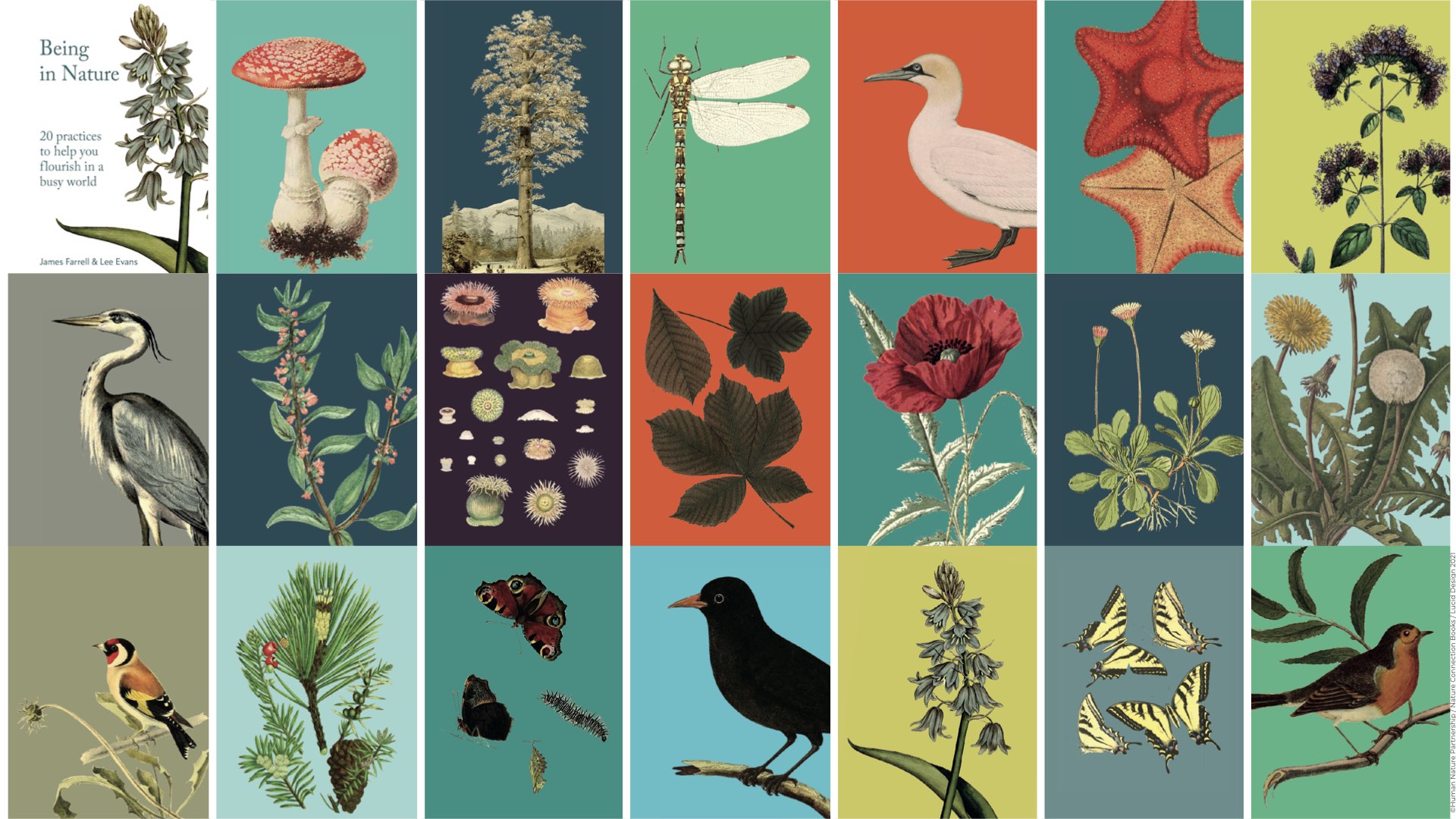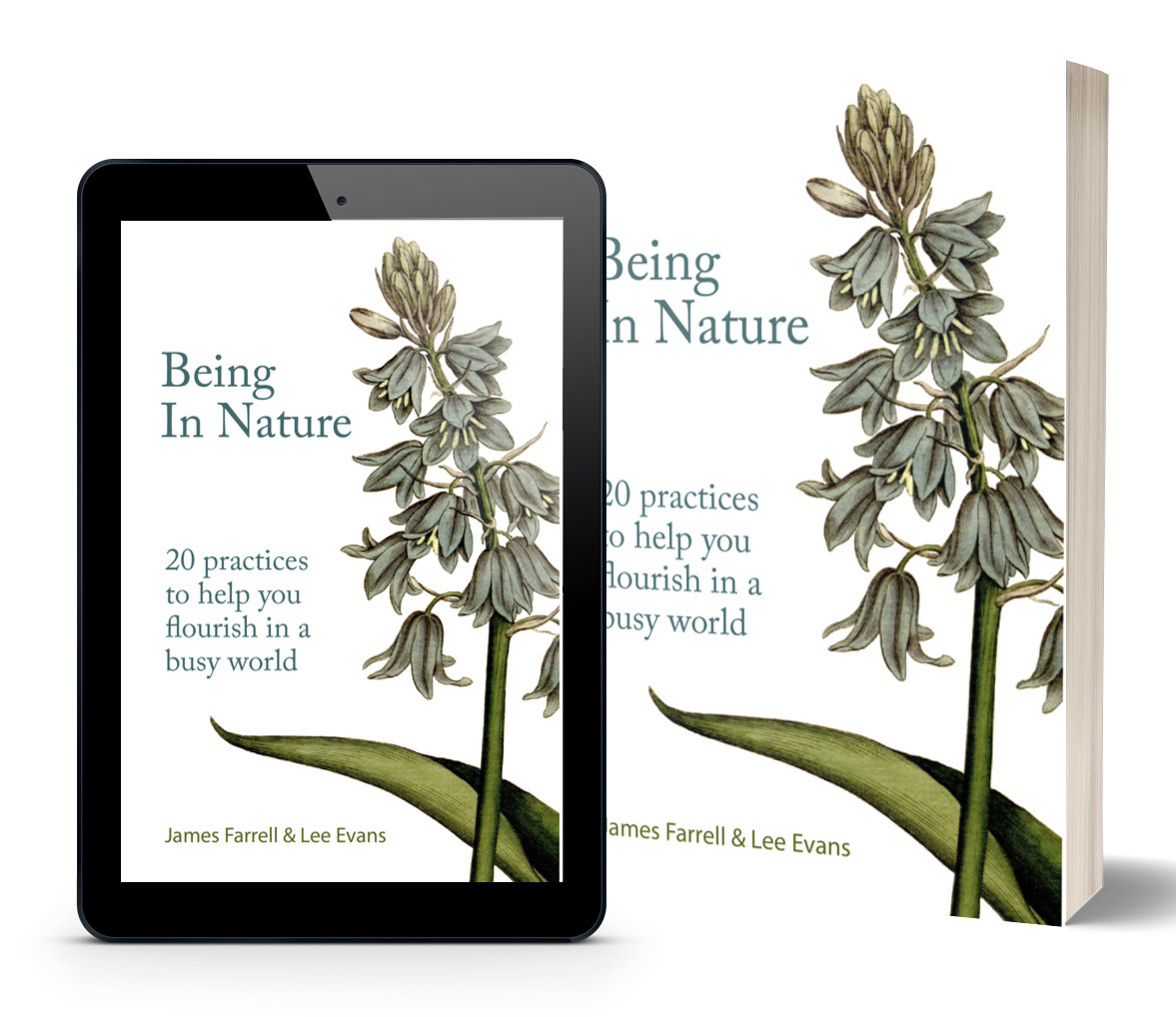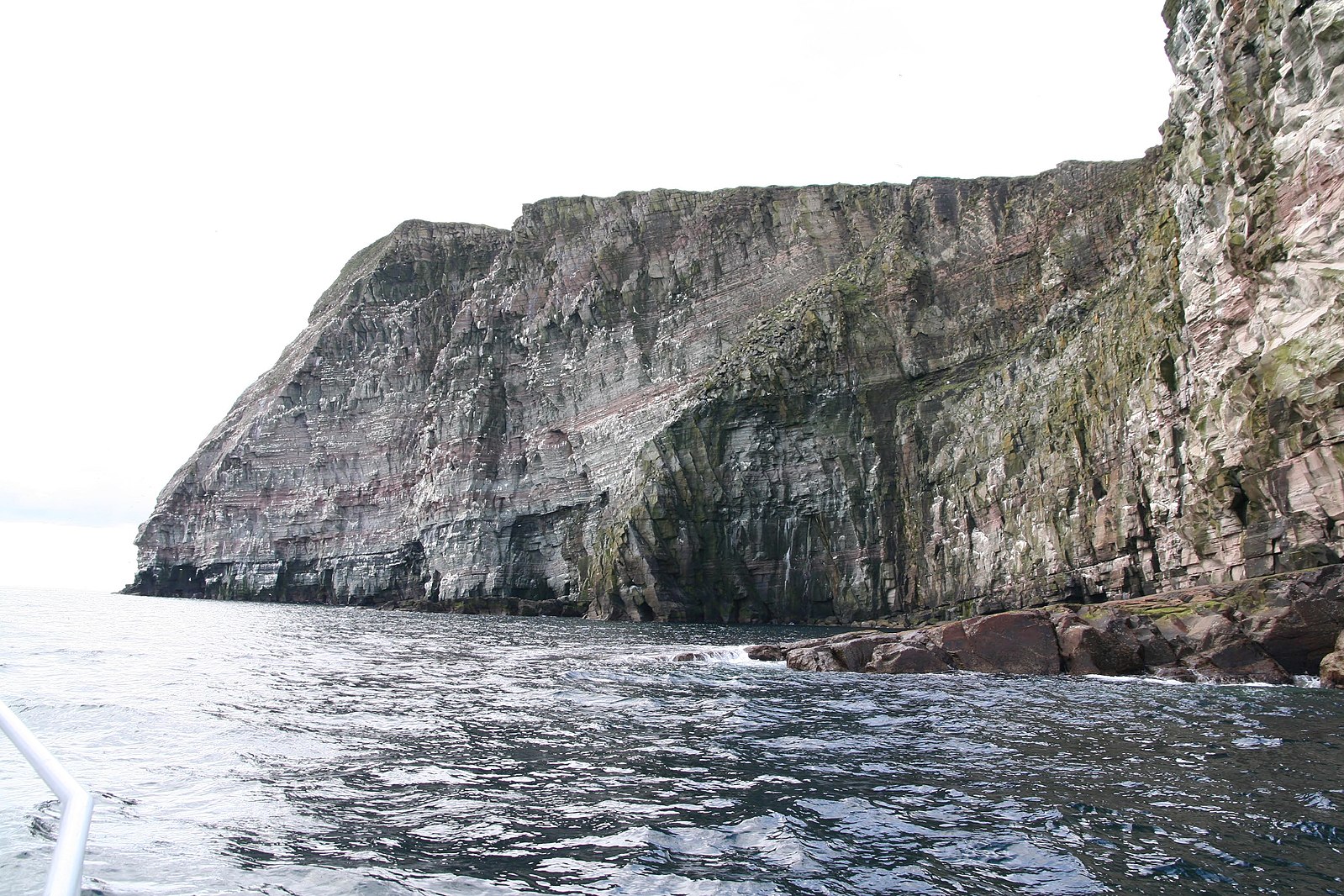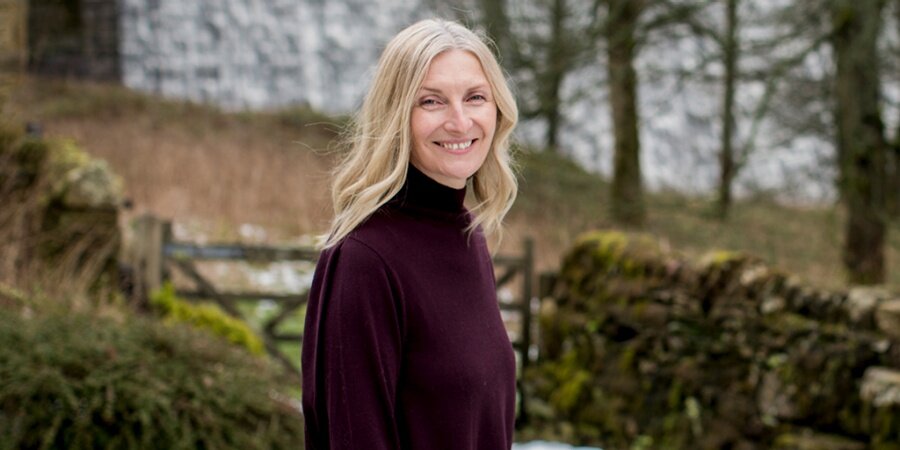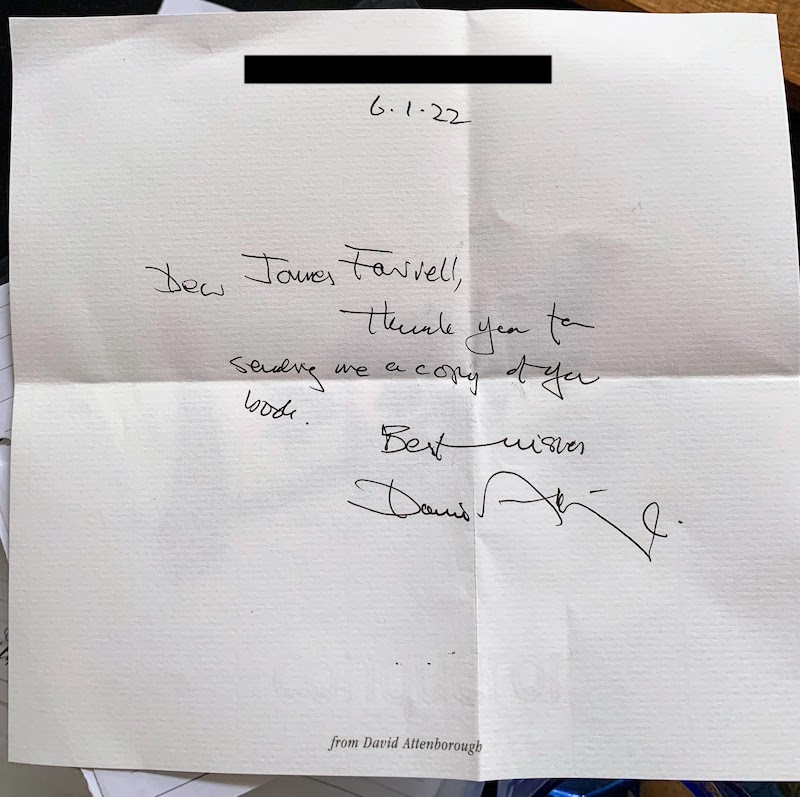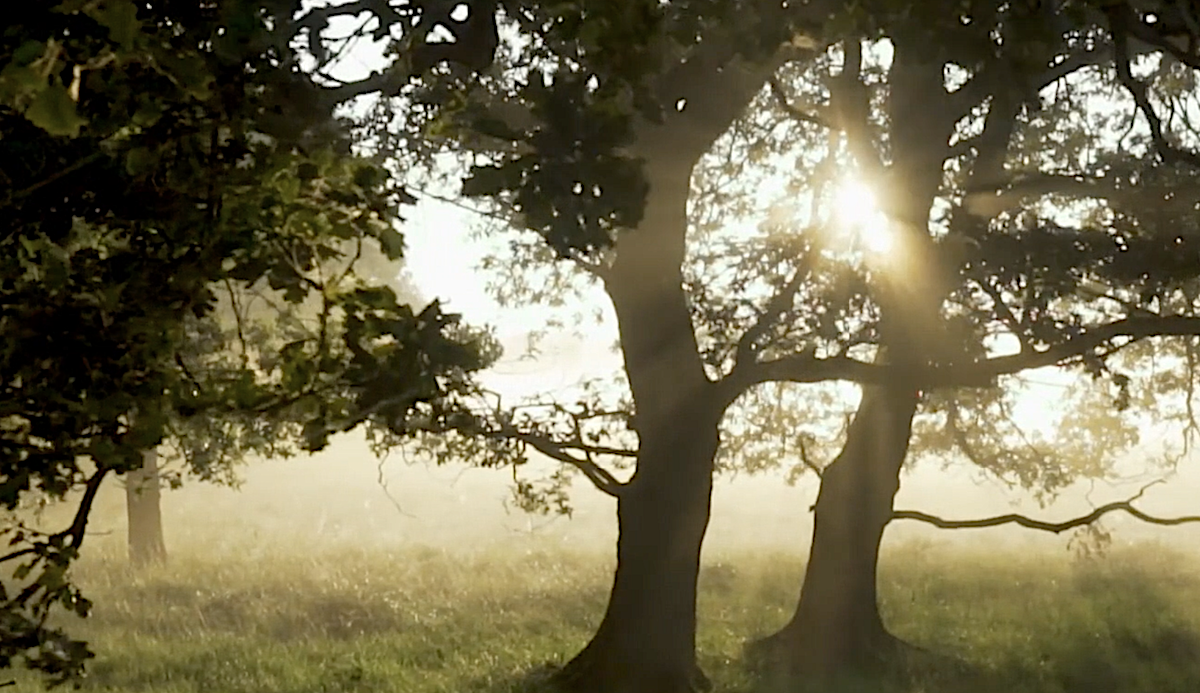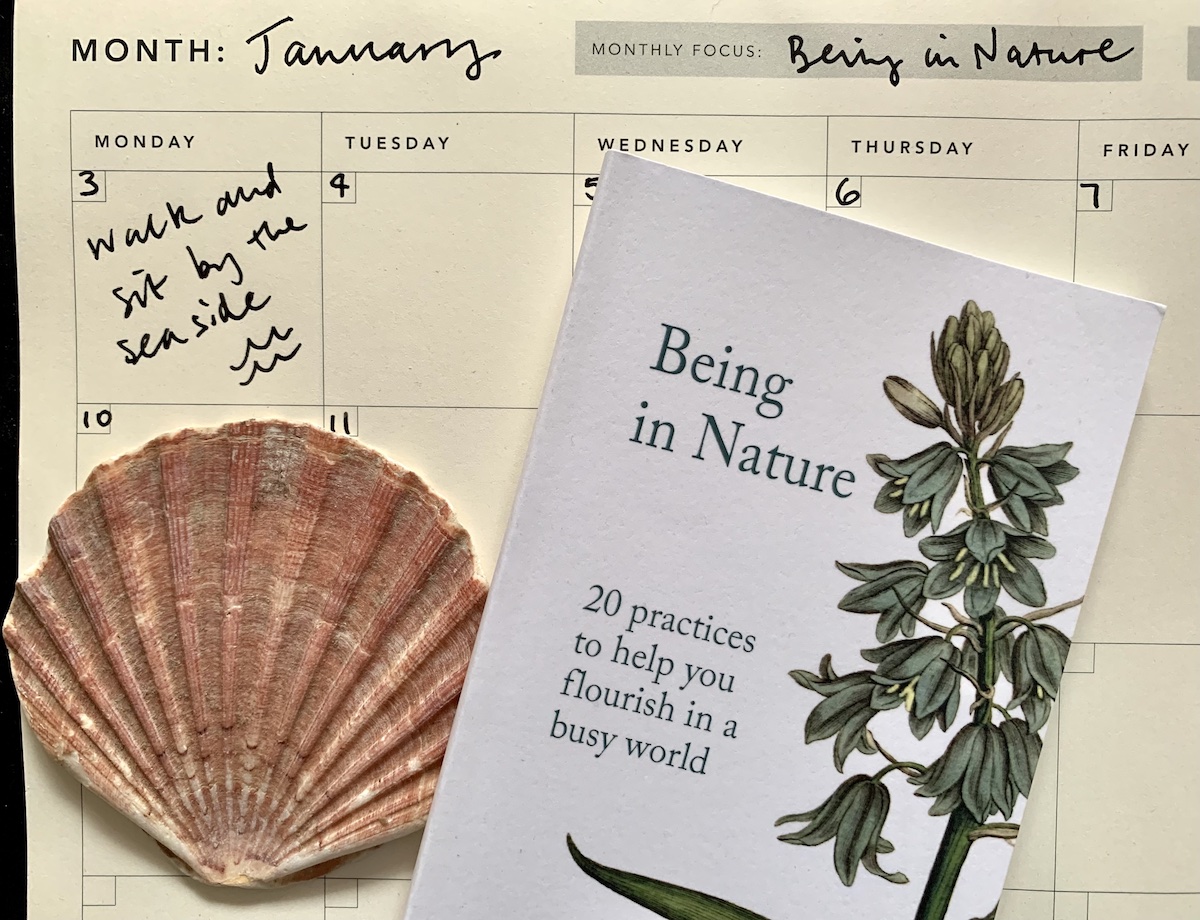
Thank you for reading ‘Being in Nature’. We are getting great reviews, and hope you are enjoying the benefits of connecting with the natural world.
We can help you build on the benefits of ‘being in nature’, so you can continue your journey towards health, wellbeing and environmental action.
One to one support
If you would like personal support to be at your best, you may like to explore our professional coaching services with The Natural Coaching Company. We work in partnership with you, and the natural world, to help you feel clearer, calmer and more confident. Enabling you to do even more for yourself, your organisation and the planet. In short, we help you grow.
Get in touch for a free coaching exploration now.
For nature connected organisations
Meanwhile our consultancy The Human Nature Partnership helps organisations create life enhancing places, for people and wildlife. We offer strategy, staff engagement, training, design and installations. Helping your organisation make a meaningful contribution to wellbeing and wildlife.

